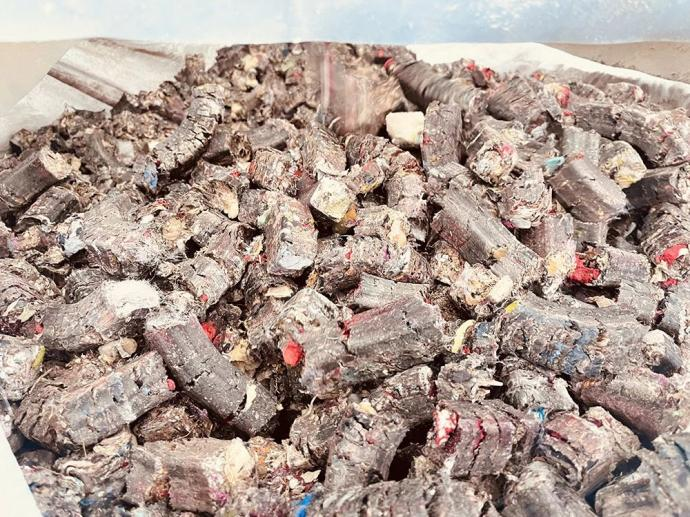

វិច្ឆិកា . 18, 2024 13:10 Back to list
The Role of Hammer Crushers in Cement Plants
Hammer crushers play a pivotal role in modern cement manufacturing processes. As a crucial component of the raw material preparation phase, they help in the efficient production of cement by crushing larger stones and materials into finer particles suitable for subsequent processing stages. This article explores the function, advantages, and operational aspects of hammer crushers in cement plants.
Functionality of Hammer Crushers
Hammer crushers operate on the principle of impact crushing, where the material is fed into the crusher chamber and subjected to high-speed impacts from rotating hammers. These hammers, typically made of high-alloy steel, are designed to break down hard materials efficiently. As the material is fragmented, it is further reduced in size by hitting the walls of the crushing chamber, providing a secondary level of crushing.
The main types of materials processed by hammer crushers in cement plants include limestone, clay, and other raw materials essential for cement production. The size reduction is crucial because it ensures that the materials are of uniform size, which is vital for achieving consistent quality in the final product.
Advantages of Hammer Crushers
1. High Efficiency Hammer crushers are known for their high efficiency in crushing. They can process large volumes of material quickly, which is essential in meeting the demands of continuous production in cement plants.
2. Versatility One of the significant benefits of hammer crushers is their versatility. They can handle a variety of materials, from soft limestone to harder rocks, making them suitable for diverse cement production requirements.
3. Simple Maintenance The design of hammer crushers allows for straightforward maintenance. With fewer moving parts compared to other types of crushers, they require less frequent maintenance and are easier to service, contributing to lower operational costs.
4. Reduced Energy Consumption When operated correctly, hammer crushers can reduce energy consumption significantly. By providing a more efficient method of size reduction, they allow for lower energy costs while maintaining high throughput levels.

5. Fine Particle Production The crushing action of hammer crushers produces a substantial amount of fine particles, which are essential for the later stages of cement production, such as grinding. This can enhance the overall efficiency of the production process.
Operational Considerations
While hammer crushers offer numerous advantages, their operation also requires careful consideration to optimize performance. Several factors influence the effectiveness of hammer crushers, including
- Material Moisture Content The moisture level in raw materials can significantly impact crushing performance. High moisture content may lead to clogging, increasing downtime and maintenance needs.
- Speed and Hammer Design The speed of the rotor and the design of the hammers are critical to achieving optimal crushing results. Adjusting the hammer speed can influence the size of the crushed material and the overall efficiency of the operation.
- Wear and Tear Due to the harsh operating conditions, hammers and other components are subject to wear. Regular inspection and timely replacement of worn parts are essential to maintain performance and avoid costly disruptions.
- Feed Size The size of the material fed into the hammer crusher should be controlled to prevent overloading and to ensure efficient crushing. Using a pre-screener to size the material before it enters the hammer crusher can improve performance.
Conclusion
Hammer crushers are an integral part of the cement manufacturing process, contributing to efficient material size reduction and ensuring the production of high-quality cement. Their combination of high efficiency, versatility, and ease of maintenance makes them a preferred choice in the industry. Understanding their operational parameters and maintaining them effectively can lead to enhanced production efficiency and lower operational costs, thereby playing a crucial role in the success of cement plants. As technology advances, the design and functionality of hammer crushers are likely to evolve, further improving their impact on cement production.
Latest news
Troubleshooting Common Eddy Separator Problems
NewsJul.04,2025
The Role of Metal Recycling Plants in Circular Economy
NewsJul.04,2025
The Impact of Recycling Line Pickers on Waste Management Costs
NewsJul.04,2025
Safety Features Every Metal Shredder Should Have
NewsJul.04,2025
How Industrial Shredders Improve Waste Management Systems
NewsJul.04,2025
How Cable Granulators Contribute to Sustainable Recycling
NewsJul.04,2025